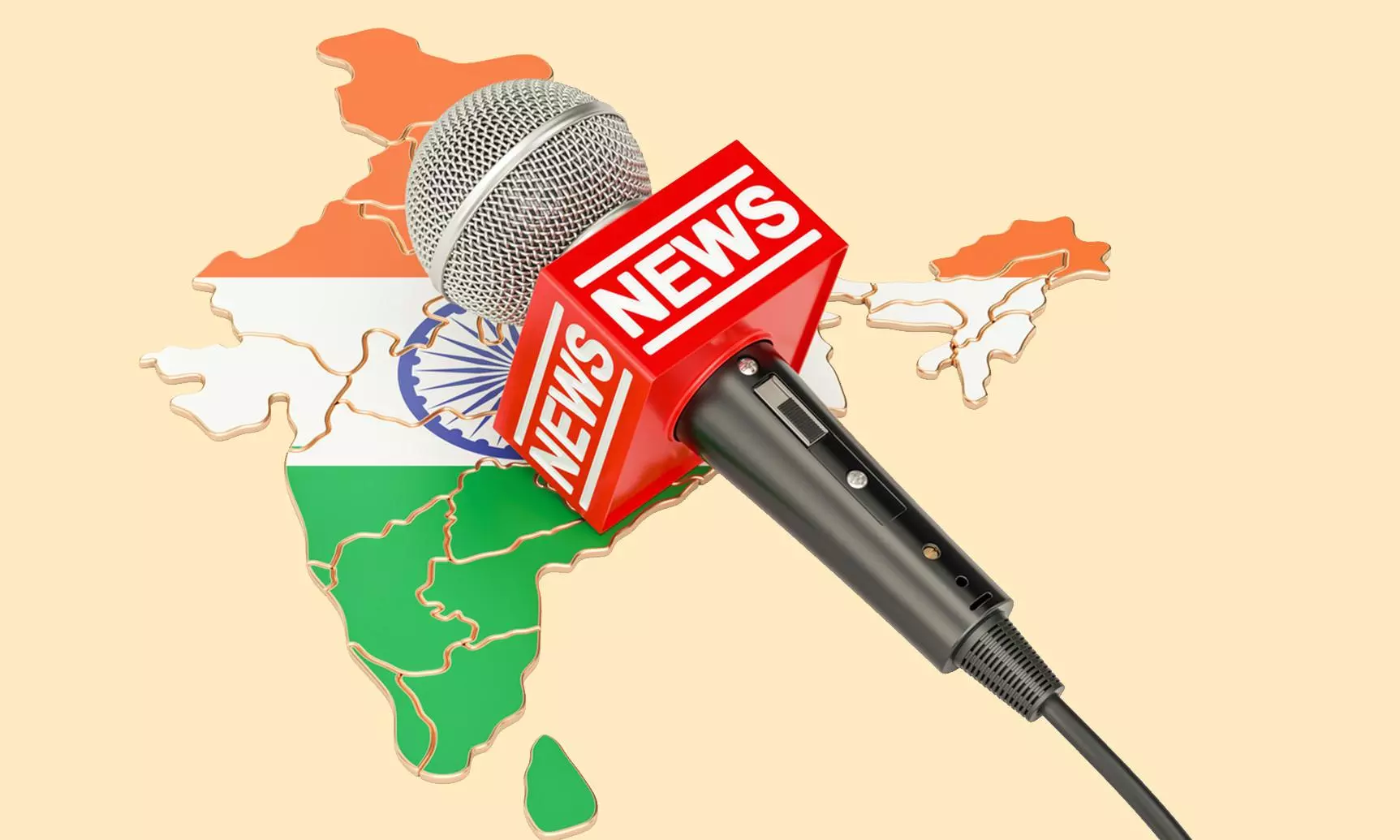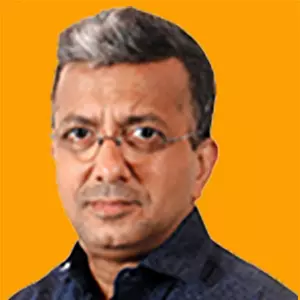
- Home
- India
- World
- Premium
- THE FEDERAL SPECIAL
- Analysis
- States
- Perspective
- Videos
- Sports
- Education
- Entertainment
- Elections
- Features
- Health
- Business
- Series
- In memoriam: Sheikh Mujibur Rahman
- Bishnoi's Men
- NEET TANGLE
- Economy Series
- Earth Day
- Kashmir’s Frozen Turbulence
- India@75
- The legend of Ramjanmabhoomi
- Liberalisation@30
- How to tame a dragon
- Celebrating biodiversity
- Farm Matters
- 50 days of solitude
- Bringing Migrants Home
- Budget 2020
- Jharkhand Votes
- The Federal Investigates
- The Federal Impact
- Vanishing Sand
- Gandhi @ 150
- Andhra Today
- Field report
- Operation Gulmarg
- Pandemic @1 Mn in India
- The Federal Year-End
- The Zero Year
- Science
- Brand studio
- Newsletter
- Elections 2024
- Events
- Home
- IndiaIndia
- World
- Analysis
- StatesStates
- PerspectivePerspective
- VideosVideos
- Sports
- Education
- Entertainment
- ElectionsElections
- Features
- Health
- BusinessBusiness
- Premium
- Loading...
Premium - Events

As India continues to slip in the global press freedom ranking index, down to a pitiable 161 out of 180 countries, the Indian media has lost its teeth. But, will this boycott help in setting things right?
Rejoicing at the public announcement of a boycott of some 14 television anchors by the INDIA Opposition alliance is akin to celebrating one's impending demise.
Dying a slow but noisy death is India's press freedom, which the boycott has just hastened.
It is not a question of whether the boycotted journalists were good or bad, and whether they deserved to be boycotted. The general consensus among all right thinking people who value probity and decency is that these anchors have been atrociously abhorrent and have done immense disservice to the media and the country by their consistently biased, untruthful and polarizing content.
They are a blot and a source of great shame for other professional journalists.
Yet, to have them formally boycotted is something that the media - irrespective of their leanings - must stand up against.
Dangerous template
Today, it is the Opposition alliance that is seeking to de-legitimise a section of the media. Tomorrow, it could be the ruling party that would attempt the same thing by boycotting some other journalists. The template that the boycott sets is very dangerous indeed.
As it is, Indian media is under siege. Journalists are finding it increasingly difficult to hold up the mirror to power. Speaking out invites sedition cases, jailing and even summary sackings.
As the country continues to slip in the global press freedom ranking index - currently standing at a pitiable 161 out of 180 countries - the media has lost its teeth. A sizeable section, best exemplified by the boycotted anchors, are badly compromised. Acting as propagandists of those in power, they seek to question those out of power instead. In doing so, they often cook up facts and bury the truth.
Misuse of boycott
Their boycott, however, does little to set things right. Patronised by profit-seeking owners out to curry political favours, the channels will continue to spew half-truths, lies and venom.
But what the boycott does is that it allows the ruling dispensation to cover its past follies and go after any journalist they find inconvenient in the future.
The BJP has already seized upon the opportunity. Suddenly, it's rediscovered the virtues of a free press and is crying hoarse over the boycott, declaring it to be a brazen attempt to muzzle the free media. That it itself had officially boycotted in 2014 the NDTV - then considered an independent voice - is being quietly overlooked.
Political parties will always do what suits them, and ruling parties across the country - BJP included - will use this Opposition’s boycott of anchors to justify their own punitive measures against professional journalists.
Our sympathies today may not lie with the likes of Sudhir Chowdhury and Arnab Goswami, but what if journalists like Ravish Kumar, Rajdeep Sardesai or Mohd Zubair are to be officially sanctioned in the future for the work they do?
As it is, those in power do not like them and all three have already been subjected to varying degrees of harassment. The Opposition boycott of select anchors can embolden the government to act against them as well as other independent journalists who don’t toe the official line.
The refrain would be that even the Opposition does what we have done. Period.
Legitimising punitive action
It's charting dangerous territory.
What the latest boycott does is that it kind of sanctions and legitimises punitive action by politicians against the press. Already endangered, the space for a free press in the country shrinks a little further.
It does no good to the Opposition alliance either. They have just lost their high moral ground by being impatient. The BJP will turn this against them to portray them as undemocratic.
Making martyrs of Godi media
Politics is a minefield and dealing with the nuisance of Godi media called for greater tact. Among everything else, it would have been far better to just ignore the raucous anchors and not let them seek martyrdom as many of them are trying to.
True, propaganda should not be enabled. But to do so, Opposition leaders need not have officially boycotted them. They always could stay away from their shows even without a formal boycott.
Further, the boycott targets individuals - mere pawns in the larger game being played. Opposition leaders will still go to the same channels run by the same owners who allow the same poisonous propaganda to be aired in the first place. So, how does the boycott help then?
(The writer is the former Group editor-in-chief of Outlook and author of ‘Editor Missing: The Media in Today’s India’)
(The Federal seeks to present views and opinions from all sides of the spectrum. The information, ideas or opinions in the articles are of the author and do not necessarily reflect the views of The Federal)


